[toc]
The Management Team
To create a successful business you need a good management team. Having a good mix of managers leads to greater success as you can draw on different skills and behaviours to get tasks done.
But how do you create a successful management team? It’s a difficult question to answer as we all view each other and behaviours differently.
Effective management teams work well together. They are able to solve problems together, motivate teams together and drive performance and the business forward. But they also have some key individual roles to fill.
Filling these roles can be challenging. But a good start is to define what these individual roles are.
The PAEI Model
Management expert and founder of the Adizes Institute Dr. Ichack Adizes developed a model that had helped businesses around the world develop management teams. This model is the PAEI model.
The model highlights four management roles that businesses need to be successful.
The Roles in the PAEI Model
The four roles in the PAEI model are:
Producer
This person holds responsibility for the product or service that the business offers. They ensure the business goals and objectives are met and ensure that the product or service delivers what it is expected to.
Producers are results orientated and work incredibly hard to get these results.
Administrator
This person has a focus on how tasks are done. They are process-driven and look at the way things are done. They look at processes, rules, policies and procedures. They take a logical and analytical approach to their role. They take their time to ensure things are done correctly.
Added to that, Administrators are great at developing policies and processes that the business requires.
Entrepreneur
These are the ideas people. Incredibly creative and great at producing ideas to solve problems in the business.
Often optimistic, they look at the bigger picture and imagine the vision rather than the practicality of getting there.
They can also spot potential threats to the business and even though they are somewhat disorganised and illogical in their thinking they add lots of value to the tea.
Integrator
This person is relationship-driven and works hard to bring people together. They create a harmonious environment and are very empathetic.
They work methodically and focus on the process and people rather than the overall result.
They ensure that everyone is listened to and they listen to everyone.
There is a link here to personality profiling. Certainly, the roles above are also described in Jungian types.
Mixing the Management Team
To ensure the PAEI model works well, the business needs to ensure that a mix of all 4 roles makes up the management team.
The difficulty is though, if there is a close link to personality (Jungian types) this will suggest that we can all demonstrate the behaviours of each role. But, there will be one that we feel more comfortable demonstrating and will work more naturally in.
When recruiting managers, look at the individuals working style rather than their personality style. This is where you will begin to understand more about their preferred style and approach and are more likely to learn more about them and their behaviour.
Leadership and Management Training Courses
Learn more about Leadership and Management Skills by attending a Leadership Skills Training Course. Take a look at our range of Leadership Skills Training Courses here.




